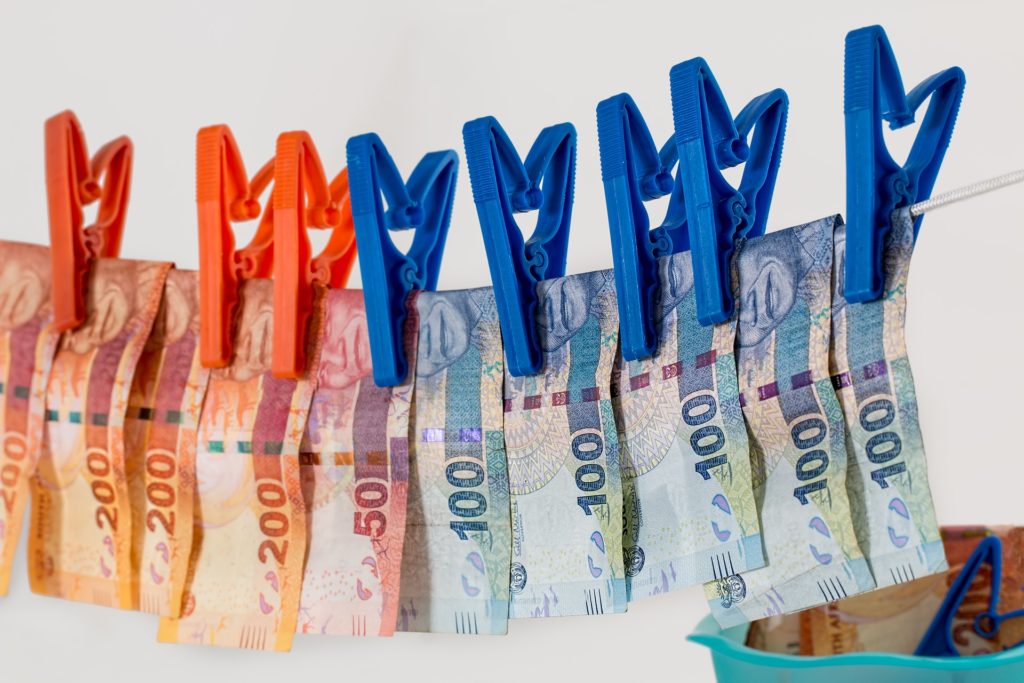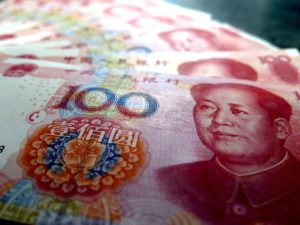The internet is abuzz with news that Chris Devonshire-Ellis of China Briefing may have influenced movement in the Yuan-Dollar conversion rate by what is being described by Chinese governmental authorities as a “pure fabrication.”
To summarize, China Briefing Magazine did a post claiming to have interviewed a Chinese governmental official who talked of the Yuan weakening to around CNY6.9-CNY7.0 against the dollar. The Chinese government subsequently went on record denying this and even appearing to deny any such interview took place.
Or as stated by The Wall Street Journal in its initial story:
In a China Briefing story Wednesday, China Banking Regulatory Commission Chairman Liu Mingkang was quoted as saying the yuan may weaken to around CNY6.9-CNY7.0 against the U.S. dollar.
The CBRC denied its chairman had been interviewed by China Briefing.
Later Wednesday, China Briefing issued a clarification on its Web site, backing away from attributing specific dollar-yuan levels to any government officials.
The author of the reports, Chris Devonshire-Ellis, told Dow Jones Newswires that specific levels came up during discussions with government officials, but he declined to say who made the comments.
The China Banking and Regulatory Commission has issued its own statement [link no longer exists], appearing to deny such an interview ever took place and calling news of it a “pure fabrication:”
The website CHINA-BRIEFING published an article on Feb 18, 2009 with CBRC Chairman’s photo and opinions. The CBRC hereby makes the statement that no CBRC officials have been interviewed by this media or by the author of this article. This news is a pure fabrication.
A Reuters news service article seems to say China Briefing itself is no longer certain who exactly it interviewed:
China Briefing magazine first attributed the comments to National Development and Reform Commission deputy head Zhang Xiaoqiang but later issued a correction, saying they were by Liu Mingkang, head of the China Banking Regulatory Commission.
My email in-box has been filled with all sorts of good questions, the answers to which I do not know:
1. Assuming the alleged interview regarding the Yuan rate never occurred at all, might those who lost money on the fluctuations have a cause of action against China Briefing for having claimed to have conducted it?
2. Assuming the alleged statement regarding the Yuan-dollar conversion was never given to China Briefing, but that China Briefing merely made an “error in transcript and translation,” might those who lost money on the fluctuations have a cause of action against China Briefing?
3. Might there be criminal liability, particularly if it is later determined that this news was spread intentionally so as to influence the market?
For more on this, check out I believe this is called “self-pwnage” : Chris Devonshire-Ellis interview with CBRC Chairman “‘pure fabrication.” and On a Carousel.
There are a number of very basic lessons to be learned from all this:
1. Tell the truth.
2. If you are going to report on a conversation with a Chinese government official, make sure you have permission to do so; if you do not have permission, do not make any attributions to a particular person and keep the statements at least somewhat vague.
3. If you are going to issue a story with such clear potential to move markets, make sure you have your facts straight before doing so.
4. If you are going to issue a story with so much potential to move markets and then your facts get questioned, hire a top level PR agency.
UPDATE: A Google search reveals that China Briefing has now pulled both of its alleged interviews from its site. Also in an exceedingly blandly entitled post, “NDRC and CBRC Notice,” [link no longer exists] Chris Devonshire-Ellis has now issued an apology of sorts, for what he calls a “breach of etiquette:”
The National Development and Reform Commission and the China Banking Regulatory Commission have issued statements on their respective websites concerning interviews held with agency officials that appeared on this website. As they state, that these were not “official” meetings. Accordingly, I felt it was now prudent to follow their lead and have removed the articles from our website, together with the accompanying photographs.
We acknowledge that only officially recognized statements issued by the agencies should have appeared. The articles did not fall into this category.
I wish to apologize to the agencies concerned for this breach of etiquette.
Chris Devonshire-Ellis

























